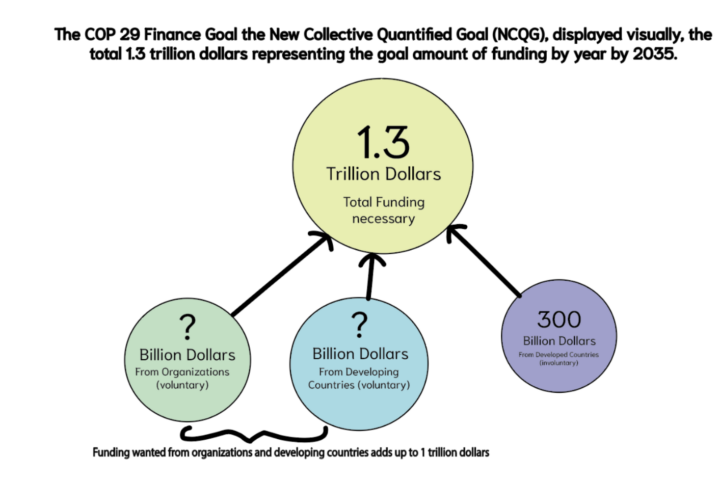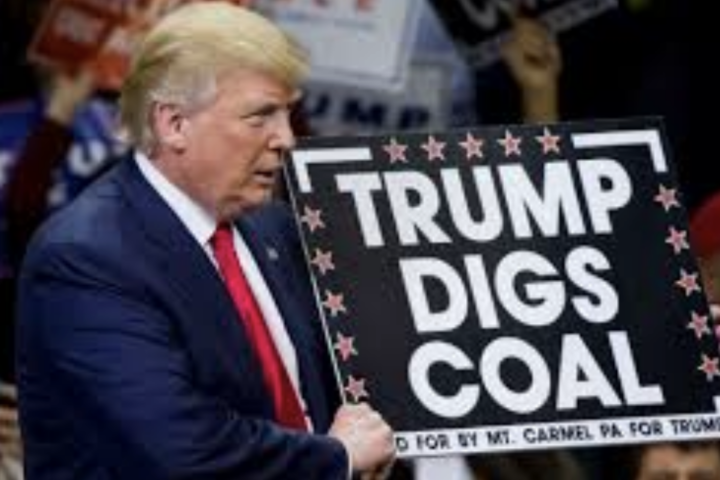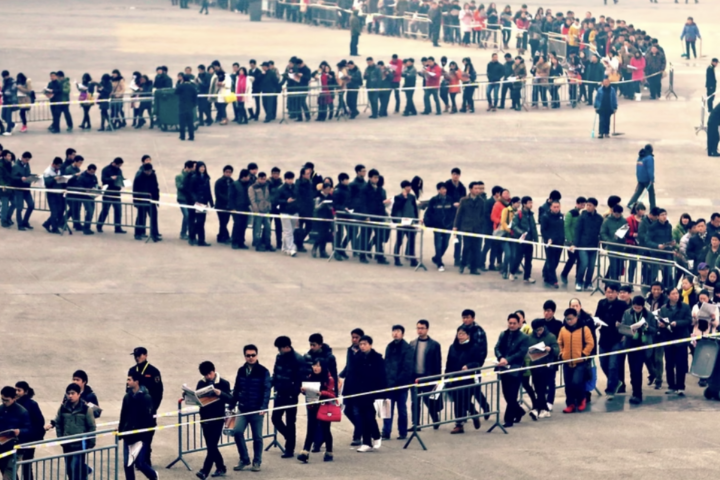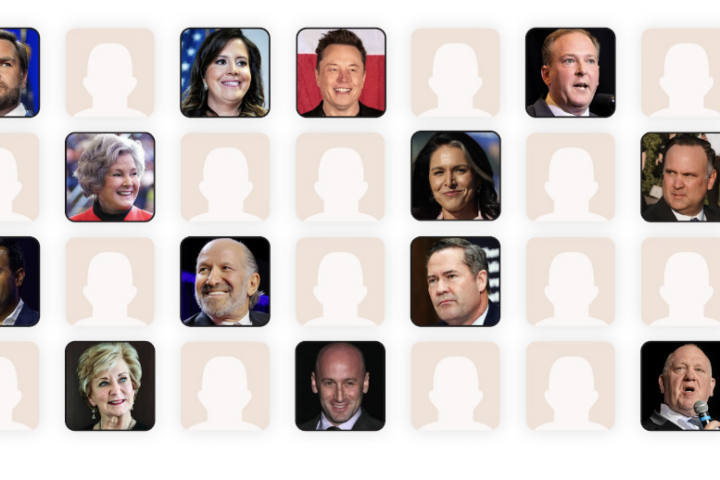Henry Kissinger is dead. He’s a little like Marley’s Ghost in A Christmas Carol. His figure, like Metternich and Bismarck before him, hovers above us. Kissinger’s death draws out many feelings depending on political views and perspectives. To some, Kissinger was a controversial but effective statesman, a genius national security advisor and secretary of state whose “realpolitik” and “weltpolitik” political strategies and cunning, audacity and gamesmanship in international affairs have not since been matched in American politics. He was the consummate statesman of the uses of power on the world stage. He was the anti-communist who brought the pariah China of Mao into the assembly of UN members. For others, the vast array of violence and death, the duplicity in Vietnam and the ruthless destruction of Cambodia, and the killing of Salvador Allende in Chile that followed in his wake make it hard to care about how smart he was. Yes, America was a democracy, but its force as an empire cannot be denied, especially under Kissinger. The war crimes of Kissinger were myriad, atrocious and went unpunished in his lifetime; his death is not a time to mourn, but rather an opportunity to reflect on the system that allowed such a man to gain and retain power until his death at 100 years old.
Kissinger served as National Security Advisor and later Secretary of State during the Nixon and Ford presidencies between 1969 and 1977. His approach to the positions was defined by realpolitik and weltpolitik, a political belief system that emphasizes practicality and global power over moral and ethical considerations.
Kissinger’s rejection of foreign policy as a moral exercise led to important developments in the Cold War and relations with the Soviet Union. He advanced détente policy, which strove to cooperate more with the Soviet Union and build a balance of power between the two global superpowers. Using back-channel methods during the Nixon administration, Kissinger helped negotiate with the Soviets while also beginning to open up dialogue with China.
Another important contribution came from Kissinger’s involvement in the Middle East following the Yom Kippur War. Fieldston history teacher Ms. Drohan points out that “He was the first to try to negotiate peace between Arab nations and Israel. His work there was unique to the moment and was extremely positive.” During this time, “Kissinger creates what’s become known as ‘shuttle diplomacy’…At this point, Egypt and Israel can’t be in the same room together, so he is literally flying back and forth from Tel Aviv to Cairo. This shuttle diplomacy became the way that U.S. Secretaries of State now work…he changed the way the role of Secretary of State is conducted and that’s a legacy that we in the United States will be living with for good or ill for a long time.”
It’s clear from his actions in the Soviet Union, China and the Middle East that Kissinger had profound effects on American diplomacy. However, any positive analysis of his time in power breaks down when looking outside of those few examples. While in some cases, he was able to advance the interests of the United States through peace and diplomacy, that approach was far from ubiquitous.
Kissinger is often applauded for the Paris Peace Accords in 1973 that led to a ceasefire in Vietnam; he even won the Nobel Peace Prize for it. The Nixon administration’s goal with the Vietnam War was “peace with honor”, and Nixon and Kissinger sought withdrawal without making the U.S. look weak. However, despite Kissinger’s meeting with North Vietnamese representative Le Duc Tho almost 70 times, the substance of the Paris Peace Accords was extremely similar to the peace options available when Nixon first came to power four years earlier. Additionally, North Vietnam captured Saigon and defeated the South Vietnamese army in the Spring of 1975, tarnishing the apparently Nobel Peace Prize-worthy Paris Peace Accords. Kissinger’s role with peace in the Vietnam War was hardly as impressive as it was made out to be at the time, and should be remembered as exactly what it was: four years of stalled progress leading up to an agreement that ultimately failed.
This extended period of the Vietnam War provided the backdrop for one of Kissinger’s most horrendous atrocities: the bombing of Cambodia and the creation of the conditions that allowed for the Cambodian Genocide. Kissinger was responsible for approving the thousands of bombing raids that took place in Cambodia between 1969 and 1973. By the end, the U.S. had dropped over 100,000 tons of bombs in the country and killed hundreds of thousands of civilians. The legacy of the Cambodia bombing campaigns lives on, as nearly 20,000 more civilians have been killed by landmines and other leftover explosives since 1979, with tens of thousands more injured. A common story involves children finding unexploded cluster munitions, playing catch with them and then dying or sustaining grievous injuries.
The bombing campaigns also stirred anti-American sentiment by destabilizing rural society and the nation at large. This was crucial in the Khmer Rouge’s rise to power in Cambodia, which would go on to perpetuate the Cambodian Genocide that killed 1.5 to 2 million people. The Khmer Rouge used anger at America and the destabilization Kissinger created as propaganda to inspire recruitment and excuse its radical policies.
Just as he contributed to millions of deaths in Southeast Asia, Kissinger also left a brutal legacy in South America. In the early ’70s, the United States did everything that it could to weaken the leftist government of Salvador Allende in Chile. As Secretary of State, Kissinger was the major player in this strategy. When Augusto Pinochet staged a military coup that saw him become an infamous dictator who killed political opponents, canceled elections and restricted freedom of the press and labor organization, Kissinger did everything he could to prop him up.
After his time as Secretary of State, Kissinger was not done with supporting dictators and human rights abuses. In the late ’70s in Argentina, Kissinger encouraged the brutal military junta that took power in their fight against “terrorism”-despite the infamous human rights abuses that took place during this time, known as the Dirty War. During the Dirty War, the military murdered and disappeared tens of thousands of left-wing sympathizers and political dissidents. Kissinger’s messaging worked against the human rights-based foreign policy strategy of the Carter administration, and his still-present influence helped convince the Argentinian military that they had nothing to fear from the United States regarding their injustices.
These are just some of the many instances of Kissinger using his position to advance American interests while disregarding innocent lives. The actual list is longer and includes other events like support for the Indonesian annexation of East Timor that killed almost a quarter of the population and his role in the U.S. arms and support that Pakistan received in the early ’70s to help them carry out a massacre on the Bengali people.
Before his death, the alarming trend among the political establishment had been to overwhelmingly praise Kissinger. Across the political aisle, there was no shortage of powerful politicians lining up to both take advice from him and make use of him as a symbol of their prestige and competence. Hillary Clinton called him a close friend and said that she relied on his council during her tenure as Secretary of State, despite admitting that she had disagreements with him. President Biden once said about him: “Throughout our careers, we often disagreed. And often strongly. But from that first briefing — his fierce intellect and profound strategic focus was evident.” Former President Obama was not a fan of Kissinger and pointed out his crimes in Cambodia, but his administration still honored Kissinger with a Distinguished Public Service Award. Despite disagreements, President Carter called him a good friend and “brilliant and devious”. Carter’s idea of a “moral foreign policy” was a direct rejection of the Kissinger style. Former President Trump called him a friend and considered him a very smart man.
This need to equivocate, to call atrocities “disagreements” and praise Kissinger because of his intelligence rather than focus on the widespread suffering that he was directly and indirectly responsible for is highly indicative of how ingrained imperialism is in the United States political establishment. It’s important to note that the majority of his most well-known acts of cruelty, from Chile to Cambodia to Argentina, stemmed from fear of the spread of leftist ideology across the world. Leftism threatened the security of the United States as a capitalist nation and its influence abroad. The United States was built on maintaining its interests through any means necessary, including violence, colonization and oppression. Kissinger helped continue that legacy by widely interfering in global affairs to sustain American power while crippling ideologies that would work contrary to American control. The pedestal that the U.S. placed Kissinger on throughout his life is more a reflection of a wider system that accepts imperialist interference as legitimate statecraft than an exceptional man.
There’s no doubt that Kissinger had long-lasting impacts on how this country approaches foreign diplomacy, but focusing on that side of the story is a choice that sends a distinct message: recognizing American imperialism is less important than recognizing the intelligence and innovative statesmanship of one man. The American culture that honors Kissinger honors him for his expansion of the influence of the American Empire. He was one of its foremost purveyors in life and should be remembered as such in death.






